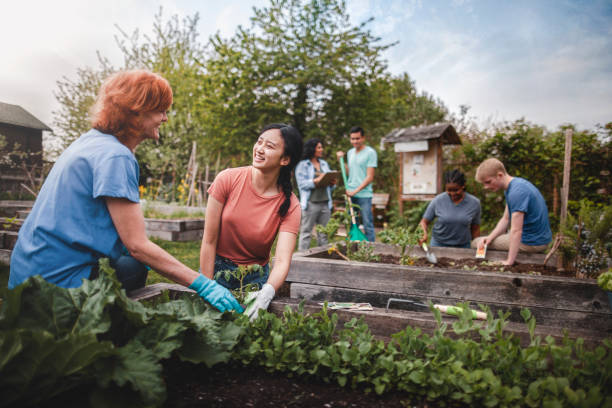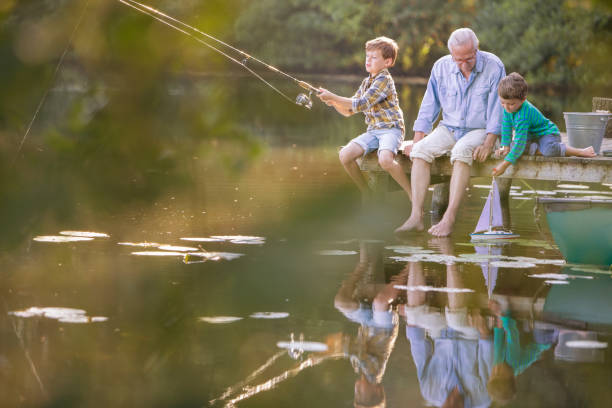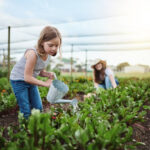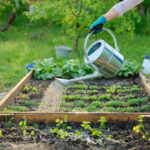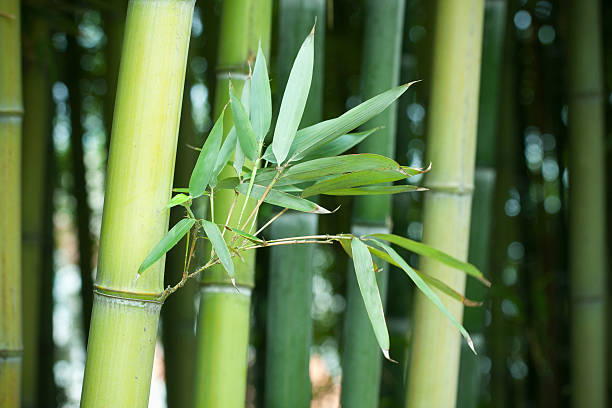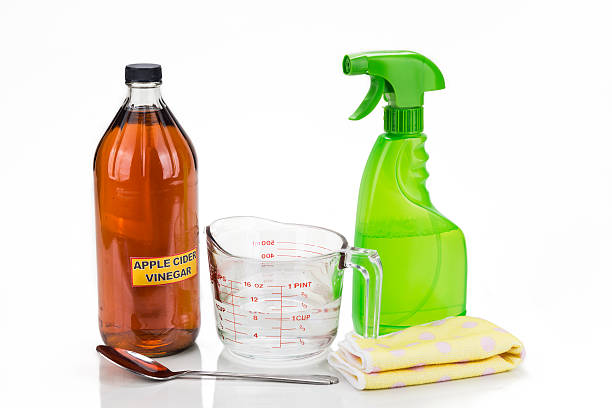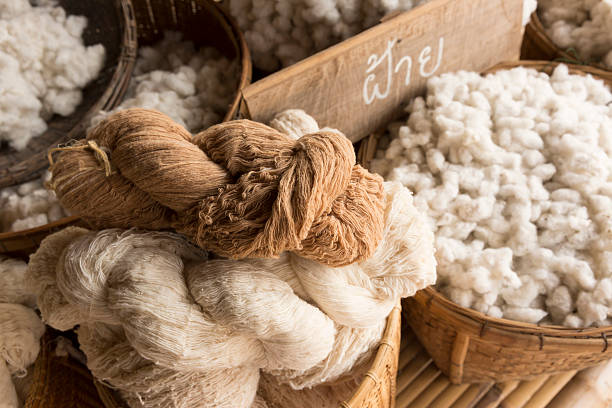Eco-Friendly Hobbies: Sustainable Activities for Leisure and Recreation
This post contains affiliate links. This means I will make a commission at no extra cost to you should you click through and make a purchase. Read the full disclosure here.
In today’s world, where the importance of sustainability is increasingly recognized, incorporating eco-friendly practices into our daily lives has become crucial. Finding hobbies and leisure activities that align with sustainable principles not only helps protect the environment but also provides an opportunity to connect with nature and promote personal well-being. In this article, we will explore a variety of eco-friendly hobbies that can bring joy, relaxation, and a sense of purpose to your leisure time.
Table of Contents
The Importance of Sustainable Activities
Sustainable activities are those that minimize harm to the environment and promote responsible resource use. By engaging in eco-friendly hobbies, we can reduce our ecological footprint and contribute to the preservation of the planet for future generations. Traditional hobbies often involve high energy consumption, wasteful practices, or the use of harmful materials. By shifting towards sustainable alternatives, we can make a positive impact and inspire others to do the same.
Environmental Impact of Traditional Hobbies
Many popular hobbies have a significant environmental impact. For example, certain crafts rely on single-use plastic materials, while motorized hobbies contribute to air and noise pollution. Additionally, activities that involve excessive travel or use of non-renewable resources contribute to carbon emissions and habitat destruction. Recognizing the environmental consequences of our hobbies can motivate us to seek more sustainable alternatives.
Benefits of Eco-Friendly Hobbies
Engaging in eco-friendly hobbies not only benefits the environment but also offers personal advantages. Spending time in nature, for instance, has been linked to reduced stress, improved mental health, and increased creativity. By choosing sustainable leisure activities, we can enhance our well-being while actively contributing to a healthier planet.
Gardening: Cultivating Green Spaces
Gardening is a wonderful eco-friendly hobby that allows you to connect with nature, grow your own food, and create beautiful green spaces. Whether you have a backyard or just a small balcony, you can cultivate a garden that benefits the environment and brings you joy.
Embrace Gardening as a Sustainable Hobby
Gardening provides numerous environmental benefits. Growing your own organic vegetables reduces reliance on industrial agriculture, which often involves harmful pesticides and excessive resource consumption. It also allows you to savor the flavors and nutritional benefits of fresh, homegrown produce.
Creating an Organic Vegetable Garden
Start by researching organic gardening techniques such as composting, companion planting, and natural pest control. By avoiding synthetic fertilizers and pesticides, you can maintain a healthy ecosystem in your garden while minimizing harm to beneficial insects and pollinators.
Flower Gardening for Beauty and Pollinators
In addition to growing vegetables, consider creating a flower garden that attracts pollinators such as bees and butterflies. Choose native plants that provide nectar and habitat for these important creatures. Not only will you create a vibrant and visually appealing garden, but you will also contribute to the preservation of vital pollinator populations.
Upcycling: Giving New Life to Old Items
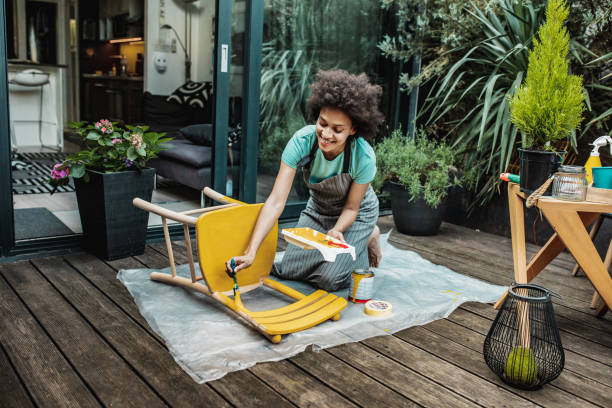
Upcycling is a creative and sustainable hobby that involves repurposing discarded or unused items to create something new and valuable. It’s a fantastic way to reduce waste and give objects a second life.
The Art of Upcycling
Upcycling encourages resourcefulness and creativity. Instead of buying new products, you can transform old furniture, clothing, or household items into unique and personalized pieces. This not only saves money but also reduces the demand for new production and the associated environmental impact.
DIY Furniture Restoration
Give old furniture a fresh look by refinishing or repainting it. With some basic tools and materials, you can turn a worn-out piece into a stylish and functional addition to your home. Explore different painting techniques or consider using eco-friendly chalk-based paints.
Creative Crafts with Recycled Materials
Unleash your creativity by making crafts from recycled materials. From creating jewelry with bottle caps to constructing sculptures with old newspapers, the possibilities are endless. Engaging in these types of crafts not only allows you to express your artistic talents but also promotes a more sustainable approach to consumption.
Outdoor Activities: Connecting with Nature
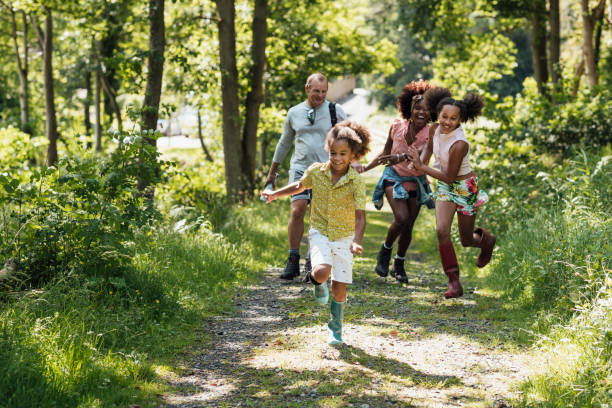
Spending time in nature is a great way to relax, recharge, and appreciate the beauty of the natural world. Engaging in outdoor activities can also deepen our understanding of environmental issues and foster a sense of stewardship.
Hiking and Nature Walks
Explore local parks, nature reserves, and hiking trails in your area. Hiking and nature walks provide an opportunity to appreciate the biodiversity around you while engaging in physical activity. Remember to follow Leave No Trace principles by minimizing your impact and respecting wildlife and vegetation.
Birdwatching and Wildlife Observation
Grab a pair of binoculars and immerse yourself in the fascinating world of birds and wildlife. Birdwatching allows you to observe and learn about different species while contributing to citizen science efforts. Create a bird-friendly backyard by providing feeders, nesting boxes, and native plants to attract a variety of bird species.
Cooking and Baking: Sustainable Culinary Adventures
Cooking and baking offer an excellent opportunity to embrace sustainable practices in the kitchen. By making conscious choices about ingredients, reducing food waste, and exploring plant-based options, you can create delicious meals that are both eco-friendly and satisfying.
Plant-Based Recipes and Vegan Cuisine

Incorporate more plant-based recipes into your cooking repertoire. Plant-based diets have been linked to lower carbon emissions, reduced water usage, and better overall health. Experiment with a variety of fruits, vegetables, legumes, and whole grains to create flavorful and nutritious meals.
Reducing Food Waste in the Kitchen
Food waste is a significant environmental issue. Reduce waste by planning meals, buying only what you need, and repurposing leftovers. Composting food scraps is another sustainable practice that can enrich your garden soil and reduce landfill waste.
Eco-Friendly Crafts: Nurturing Creativity
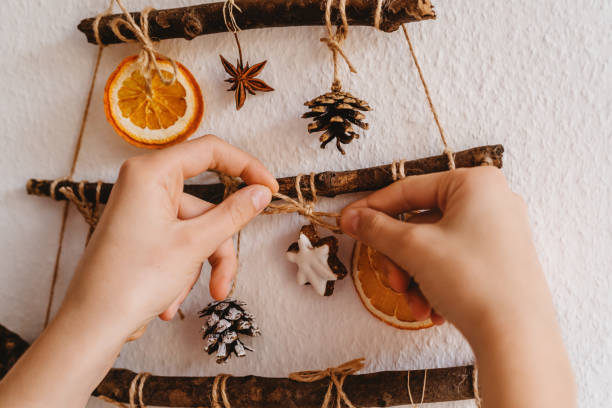
Engaging in eco-friendly crafts allows you to express your artistic side while making conscious choices about the materials you use. Create handmade products that are both aesthetically pleasing and environmentally responsible.
Handmade Natural Soap and Beauty Products
Make your own natural soaps, lotions, and beauty products using organic ingredients. By avoiding synthetic chemicals and packaging waste, you can pamper yourself while minimizing harm to the environment. Explore different recipes and techniques to find what works best for you.
DIY Eco-Friendly Home Decor
Create unique and sustainable home decor items by upcycling materials or using natural elements. For example, repurpose glass jars into stylish candle holders, or collect fallen branches to create a decorative centerpiece. Not only will you personalize your living space, but you’ll also reduce the demand for new products.
Sustainable Fashion: Style with a Purpose

The fashion industry has a significant environmental impact, but you can make a difference by adopting sustainable fashion practices. Choose clothing options that are kind to the planet and align with your personal style.
Thrift Shopping and Second-Hand Fashion
Discover the thrill of thrift shopping and second-hand fashion. Buying pre-loved clothing not only reduces textile waste but also allows you to find unique and affordable pieces. Explore local thrift stores, consignment shops, or online platforms dedicated to second-hand fashion.
DIY Clothing and Accessories
Unleash your creativity by upcycling old clothing or designing your own fashion items. Transform a plain t-shirt with tie-dye or embroidery techniques, or repurpose fabric scraps into stylish accessories like tote bags or headbands. By engaging in these creative endeavors, you’ll promote individuality while reducing the environmental impact of fast fashion.
Volunteering and Community Engagement
Engaging in sustainable hobbies can extend beyond personal enjoyment. Volunteering and community engagement offer opportunities to make a tangible difference in environmental conservation and create lasting positive change.
Making a Difference Through Activism
Join local environmental organizations or community groups dedicated to sustainable initiatives. Participate in environmental campaigns, advocacy efforts, or awareness-raising events. By actively working towards change, you can inspire others and contribute to a more sustainable future.
Environmental Cleanup and Restoration

Organize or participate in environmental cleanup activities in your area. Whether it’s cleaning up beaches, parks, or waterways, your efforts can have a significant impact on local ecosystems and wildlife. Additionally, consider getting involved in habitat restoration projects that aim to enhance biodiversity and preserve native species.
Local Community Gardens and Projects
Engage in local community gardens or urban farming projects. These initiatives provide opportunities to grow food collectively, share knowledge, and foster a sense of community. By participating, you’ll not only contribute to sustainable food production but also create meaningful connections with like-minded individuals.
Final Thoughts
Engaging in eco-friendly hobbies and sustainable leisure activities offers a multitude of benefits. By choosing activities that minimize harm to the environment, we can make a positive impact on the planet while enjoying our leisure time. From gardening and upcycling to outdoor activities and sustainable fashion, there are numerous options to explore. Embrace these eco-friendly hobbies and let them bring joy, fulfillment, and a deeper connection with nature into your life.
FAQs
Can eco-friendly hobbies really make a difference?
Absolutely! Engaging in eco-friendly hobbies helps reduce your ecological footprint and promotes sustainable practices. Collectively, these small actions can make a significant positive impact on the environment.
What are some affordable eco-friendly hobbies?
Thrift shopping, upcycling, and gardening are affordable eco-friendly hobbies. They allow you to repurpose existing items and grow your own food, reducing the need for expensive purchases.
How can I incorporate eco-friendly practices into my existing hobbies?
Evaluate your current hobbies and look for ways to reduce waste, conserve resources, and choose sustainable materials. For example, if you enjoy painting, consider using non-toxic and water-based paints.
Are there any eco-friendly hobbies suitable for children?
Yes! Gardening, nature walks, and upcycling crafts are great eco-friendly hobbies for children. They help instill a love for nature and teach them about sustainability from a young age.
Where can I find resources and inspiration for sustainable hobbies?
There are numerous online platforms, blogs, and social media accounts dedicated to sustainable hobbies. Joining local community groups and attending workshops can also provide inspiration and resources for eco-friendly activities.

